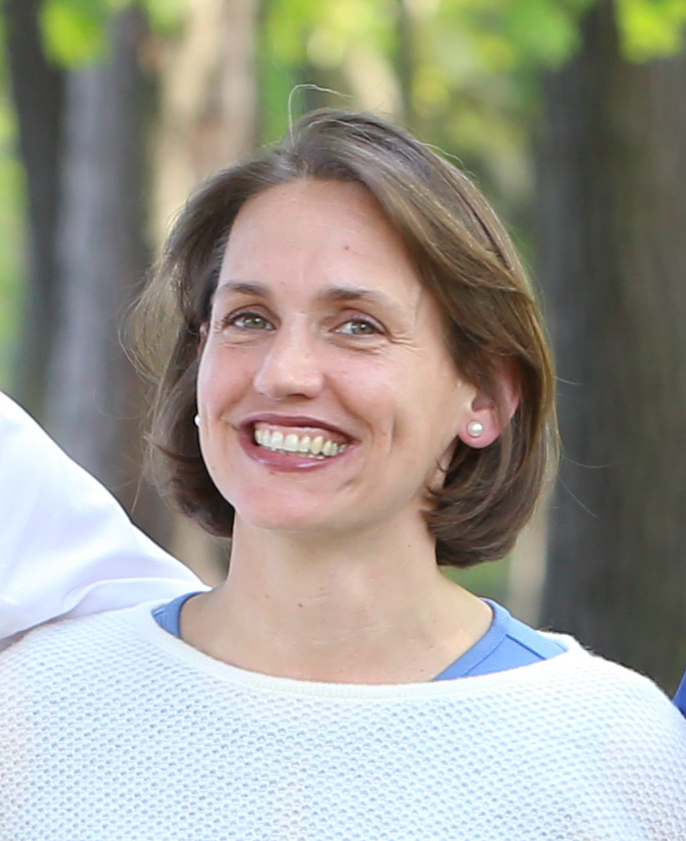Joy in Childhood: How a Corporate Charity Sharpened Its Focus


A week before COVID-19 shelter-in-place restrictions took hold, the Dunkin’ Joy in Childhood Foundation was in the middle of its “week of joy,” in which the foundation helps place volunteers in food banks. Suddenly, the system to keep food banks running had to shut down. Volunteers couldn’t come in, food transit was halted, and the excess food from restaurants and grocery stores dried up. In response, the foundation scrambled to provide the food banks with $1 million in direct cash assistance. The Joy in Childhood team assembled a simple, five-question grant process; a few days later they sent out the checks.
The capability to provide such lightning-speed relief–which happened again at the end of 2020, to the tune of $2.5 million–didn’t come together overnight. Since its founding in 2006, the Joy in Childhood Foundation has undergone an evolution and realignment with the Dunkin’ Donuts brand to establish itself as an effective nonprofit tackling childhood hunger and offering moments of joy to children battling illness.
Kari McHugh, executive director of the foundation and senior director of consumer and community relations for Dunkin’ Brands, spoke about Joy in Childhood’s journey with Fast Company contributing editor Lydia Dishman at From Day One’s February virtual conference on creating a culture of corporate purpose. “We didn’t start to really raise money until we narrowed our focus and became very clear about what we did,” McHugh explained. Ten years after the foundation was initially launched, it transformed into “a much more successful corporate philanthropy program,” she said.
McHugh began her career in corporate philanthropy before shifting to communications and PR. About 17 years ago, she was hired by Dunkin’ for a communications role and increasingly focused on company operations. By the time the company was looking to start a philanthropic arm, she had a deep knowledge of the brand, its marketing, store operations and company margins. (Dunkin’ also owns the Baskin-Robbins ice-cream brand and last year was acquired by Inspire Brands, which owns Arby’s and other chains.)
“The bleeding heart is not the most important element to bring to the table,” she noted of corporate philanthropy. “The element to bring to the table is an understanding of marketing, operations, how the business makes money and finding a way to integrate into that work.”

The early work in establishing a charitable foundation for the company got off to a rocky start. In bringing together Dunkin’ retail-store franchisees, many of whom were already invested in local philanthropy, the group couldn’t settle on a common denominator to base a foundation. “It was an iterative process over about six months, and in the end we created a foundation that had multiple giving areas and its focus was around local work,” said McHugh. This alignment in goals was a “watershed moment” for the company, she said, “but over a long period of time we didn’t raise very much money.”
McHugh worked in other leadership roles at Dunkin’ Brands before returning to the foundation three years ago. “That’s when we really dove deep and focused even more,” she said. “The foundation even moved to focus just on one brand, which is on Dunkin’ [Donuts], and focus on two giving areas.”
In 2019, with the mission of providing food to children facing hunger as well as joy to children facing illness, the foundation raised $7 million, distributed 5.3 million meals, and awarded 150 grants. McHugh credits the success not only to sharpening the focus of the foundation but by working in close partnership with franchisees.
“Corporate philanthropy programs are only as good as the people in the local communities and the people representing its foundation or the brand on a day-to-day basis,” she said. At Dunkin’, she added, “our franchisees are an expression of the foundation.”
McHugh pointed to an example of selling dog toys inside the retail stores, part of Dunkin’s Dogs for Joy program, knowing that Dunkin’s customers tend to love dogs. “The franchisees knew their consumers would feel good doing this. The foundation is built when you start to have programs integral to the business,” she said. The company raised $1 million for a program that brings therapy dogs into pediatric hospitals.
While the foundation sticks to its two priority areas, it continues to evolve its programming. McHugh said the foundation is planning to implement virtual programming for kids who are isolated due to their illness. “This year we all learned what it was like to be quarantined,” she noted, then compared it to children who receive bone-marrow transplants and have to spend a year in protective isolation to prevent infections. “We’re trying to bridge that isolation with technology and virtual programming.” The foundation will also focus on teenagers with illnesses, who are often underserved, through bringing gaming specialists and gamers inside children’s hospitals.
Ultimately, McHugh stressed that foundation programs should be integral, not secondary, to the brand, while the foundation should be based on the principles of the actual business and operation at hand. Most importantly, she noted, “make sure your programs aren’t window dressing. Make sure they are making a true and real difference.”
The result? “You’ll find that you’re helping the business,” she said, “and that people feel really good about that because you’re really helping people, and you keep getting invited back to the room.”
Emily Nonko is a Brooklyn, NY-based reporter who writes about real estate, architecture, urbanism and design. Her work has appeared in the Wall Street Journal, New York magazine, Curbed and other publications.
The From Day One Newsletter is a monthly roundup of articles, features, and editorials on innovative ways for companies to forge stronger relationships with their employees, customers, and communities.